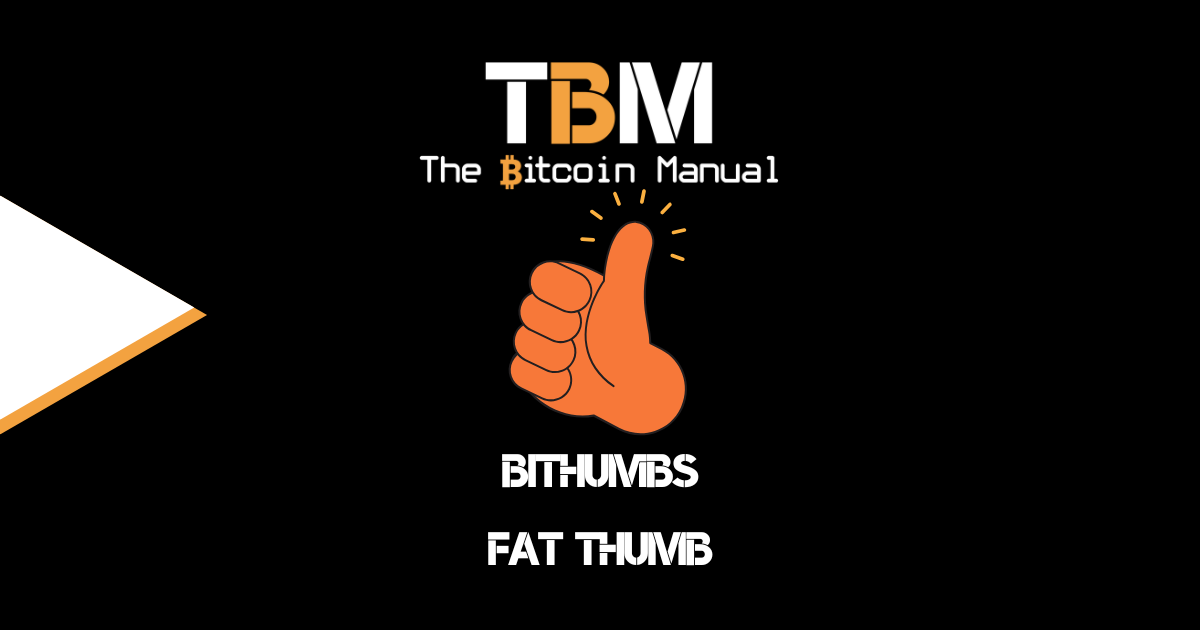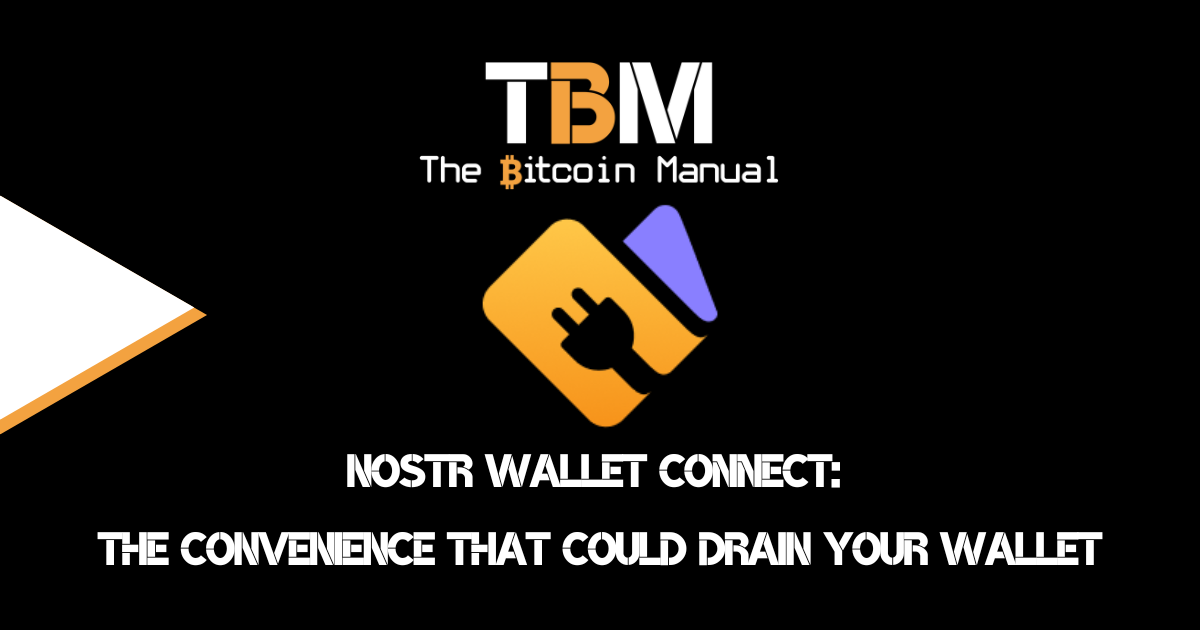Bitcoin’s rise to prominence was partly fueled by the promise of financial sovereignty, and, of course, numbers go up; yes, many of us, myself included, came for the gains and stayed for so much more. If you’ve stuck through several brutal bear markets, something else has to interest you apart from monetary value.
It could be the ability to self-custody and have funds outside the system, the ability to transfer funds across borders instantly without intermediaries, or the chance to hedge against the inflation of your local currency; Bitcoin serves different purposes for different people.
While Bitcoin is by default a pseudonymous payment network, since you need nothing but a private key to transact and prove ownership on the network, today’s popular on-ramps-like exchanges are doing their best to erode that anonymity aspect.
Gone are the days of securing a few Bitcoin mining from your desktop or getting a 5 BTC drop for completing a captcha form on a faucet website.
Today, if you’re looking to acquire some Bitcoin for fiat, you must comply with KYC and AML regulations and hand over your ID or passport, which can tie your identity to the Bitcoin you’ve purchased and even attribute your ID to the funds you withdraw into your self-custody wallet, through chain analysis.
While you cannot erase those data points, you can break the ties used to track your coins on the chain using a method of coordinated transactions known as CoinJoins. However, recent events make it increasingly difficult for Bitcoiners to achieve anonymity.
There has been a concerted effort to put a chokehold on access to the Bitcoin network, with the latest being a crackdown on CoinJoins.
Coinjoin: A Shuffled Deck Now Dealt Out
Coinjoin has been a go-to method for enhancing Bitcoin transaction privacy. It works by combining multiple Bitcoin transactions, generating new uniform outputs, obfuscating individual coins’ origin and destination, and breaking tracking heuristics.
The vast majority of users looking for forward privacy would opt for privacy-focused wallets like Samourai and Wasabi. While these wallets don’t take custody of your funds, they help different parties communicate privately to exchange inputs and outputs.
CoinJoins works well in providing privacy, to the point where wallet providers have been the target of considerable pressure from US authorities. Regulators in some jurisdictions, particularly the US, view conjoins with suspicion, painting them as tools for financial criminals. They argue these services can be misused for money laundering and other illicit activities, and your privacy will suffer for the greater good.
This suspicion has translated into concrete action. The arrest of the co-founders of Samourai Wallet sent shockwaves through the Bitcoin community, with the website, its servers and its app taken down with little warning.
In one week, the DoJ managed to shut down 2/3rds of coinjoin services and drive one of the biggest node operators out of the US by causing complete regulatory uncertainty.
— L0la L33tz (@L0laL33tz) May 2, 2024
I hope those affected sue the life out of the DoJ for damages. https://t.co/omFKILEr27
More recently, on June 1st, zkSNACKs, the developer behind Wasabi Wallet, announced the suspension of its Coinjoin Coordination Service. This decision seems to be a preemptive move to avoid similar legal troubles.
Governments feel your privacy is a small price to pay
The moment you stand up for financial privacy and anonymous transactions, you’ll get slapped with the argument: well, what do you have to hide?
If you’re saving in Bitcoin and buying your coffee or paying for legal goods and services, why should it be a problem if your transactions are tracked? If you don’t do anything illegal and pay your taxes, the government’s big boot will ease up off your neck and let you breathe just enough to say thank you, Daddy.
Having financial privacy is not simply about being able to purchase some weed from your local pot dealer; it runs deeper than that; the world isn’t all sunshine and rainbows; it’s filled with adversaries, and you need to protect yourself, especially when using a public ledger.
Security
Public transaction history exposes your holdings, potentially making you a target for hackers or theft. If we were all forced to dox our holdings and those lists were leaked (which happens far too often), you put yourself at risk.
Would you want everyone to know what’s in your bank account? No! Why not? Do you have something to hide?
My point exactly.
With complete anonymity, it’s harder for criminals or even criminal governments to know how much Bitcoin you have and plan to soften your kneecaps with a tyre iron to get it.
Financial control
Some sane users who aren’t complete statist simps prefer to keep their financial activity private without privacy, and every time you perform a Bitcoin transaction, the recipient can see the change address.
Let’s say I paid you for a new Smartphone. Do I want that retailer and all its employees to know how much money is in my wallet? No, all they should know is that I can settle for the agreed amount.
If you don’t have privacy tools, you’d constantly be leaking data about your wallet, which could be tied to your home address, work address, and who knows where that data ends up and if people who find that data would be willing to harm you.
Protecting privacy in authoritarian regimes
In countries with strict capital controls or limited financial freedoms, Bitcoin can be a tool to protect wealth. Privacy helps shield you from government scrutiny or potential confiscation and allows funds to travel across borders, bypassing government oversight.
At the @ACF_int we relied on Wasabi when protecting our donors from Russian government’s surveillance and risks of imprisonment. That was not taken into consideration by the US authorities when they began attacking privacy tools https://t.co/16TVQnNzl8
— Anna Chekhovich (@AnyaChekhovich) May 2, 2024
Freedom of commerce
Some businesses or individuals might operate in legal grey areas or sell controversial products or services. Anonymity allows them to conduct transactions without fear of legal repercussions. Perhaps I want to acquire books that are banned in my country because my government doesn’t want me to be educated; private transactions would come in handy.
Or maybe I just want to enjoy the fruits of the free market.
If I want to buy some weed, subscribe to Sydney Sweeny’s private fan club for feet picks or acquire a green candle dildo, that’s my business, and I can spend my money how I like, kink shame be damned.
Limited options for forward privacy
The crackdown on CoinJoins leaves Bitcoiners with fewer choices for achieving “forward privacy,” which refers to hiding the origin of their Bitcoin holdings.
While some alternative mixing techniques still exist, their long-term viability remains uncertain unless the incentives exist and the community is willing to engage in private techniques.
So, what can Bitcoiners do to mask their identity on the blockchain?
Here are a few, albeit imperfect, solutions:
- Self-hostedSelf-hosted mixing involves sending your Bitcoin to multiple wallets you control and providing liquidity for others to mix their funds with yours. Still, you will need several participants to join your mixing pool, or it will be pointless.
- Using privacy-focused protocols: Instead of relying on a centralised coordinator that can be shut down, protocols such as PayJoins, PayNyms, Silent Addresses, and Whisper Addresses can be run on top of Bitcoin.
- Focus on off-chain transactions: Transactions conducted outside the main Bitcoin blockchain, like those facilitated by the Lightning Network, combined with submarine swaps, offer some inherent privacy benefits.
Joinmarket
JoinMarket is an open-source tool like Bitcoin, so it doesn’t have a single point of failure. The protocol facilitates certain kinds of collaborative transactions—CoinJoins—via an open market. Joinmarket allows Bitcoin users to continue to use CoinJoins by connecting with peers who wish to do the same, and it’s our best option for now.
Using JoinMarket is a more involved process compared to utilising a coordinator integrated into a wallet. It requires the operation of a node and a certain level of technical understanding. But don’t worry; you can execute it successfully with the proper guides and a little spare time.
Another interesting aspect of JoinMarket is the ability to earn fees; instead of paying a coordinator to mix your coins, you can earn from others by becoming a market maker willing to provide liquidity to the open market.
If you want to give it a whirl, check out this tutorial by BTC Sessions.
Joinstr
As mentioned previously, collaborative transactions aren’t the real issue. It’s finding people willing to do it with you; you want to have a party, and you’re just looking for ways to tell others where the venue is; everyone, party over here; bring your own coins.
Nostr is an open-source communications protocol, so why not use it as a coordination layer?
This is what Joinstr wants to do using the following steps:
- Register Output: Participants register their desired output using the Nostr protocol.
- Create PSBT with User’s Input: JoinStr collects all registered outputs and creates a Partially Signed Bitcoin Transaction (PSBT) with the user’s input. This PSBT is signed with the Sighash All | AnyoneCanPay flag.
- Combine PSBTs: JoinStr combines the signed PSBTs from all participants in the CoinJoin round.
- Broadcast CoinJoin Transaction: Once a sufficient number of signed PSBTs are received (typically from five participants), JoinStr finalises the CoinJoin transaction by combining the PSBTs. This combined transaction is then broadcast to the Bitcoin blockchain.
Joinstr integrates seamlessly with the Electrum wallet, providing a user-friendly way to access CoinJoin functionality but hasn’t seen much progress of late, given the kick up the arse we’ve just had, I can imagine this project should see renewed interest.
Payjoin
Payjoin is a technique for paying someone while including one of their inputs in the payment to enhance the privacy of the spender, the receiver of a Bitcoin transaction.
PayJoins requires both wallets to support this type of transaction, both users to be online to initiate the handshake, and coordination of the inputs and outputs. For technical and practical reasons, having an online server where the payjoin handshake can be performed is difficult. This might be the biggest impediment to payjoin support and adoption so far.
Again, there are proposals to conduct PayJoins with the use of nostr.
Honourable mentions
The options I’ve mentioned above focus on you using the base chain, but that doesn’t have to be the only way you mix things up, and using second layers like the Lightning Network or sidechains like Liquid can provide a helping hand.
One approach you could consider is creating a larger-than-needed or Wumbo Lightning channel. This allows you to use submarine swaps to trim some of that capacity, converting it back into on-chain UTXOs. This method can be a useful tool in your cryptocurrency toolkit.
You could peg into the Liquid Network’s multi-sig and generate an L-BTC UTXO, then use swapping services to move back on-chain in uniform amounts or swap L-BTC for lightning channel capacity.
You decide how complex and how many steps and service providers you want to add to your mix.

The privacy debate continues
The crackdown on CoinJoins highlights the ongoing debate around financial privacy in the digital age but leaves users at risk in the meantime.
While centralised coordinators have clearly proved the use case for CoinJoins and its potential as a revenue driver, it clearly can’t be run as a business in most countries.
Developers in the Bitcoin and privacy tech space will likely see this as a kick in the pants needed to explore new ways to enhance anonymity while staying ahead of legal bounds set by regulators today.




